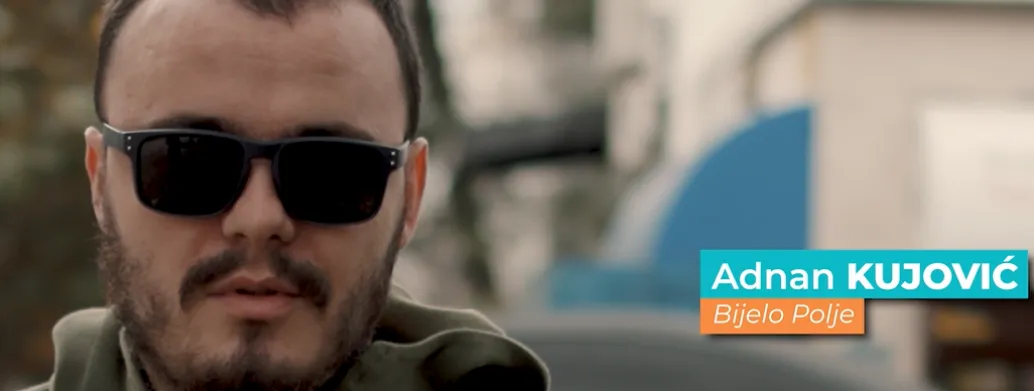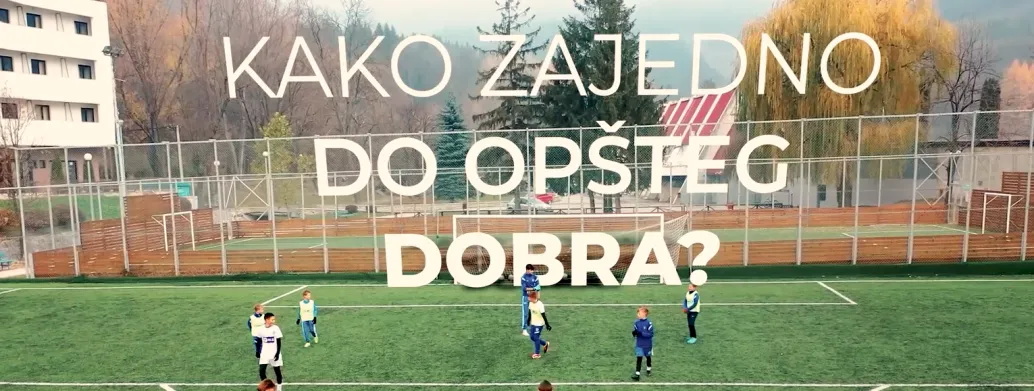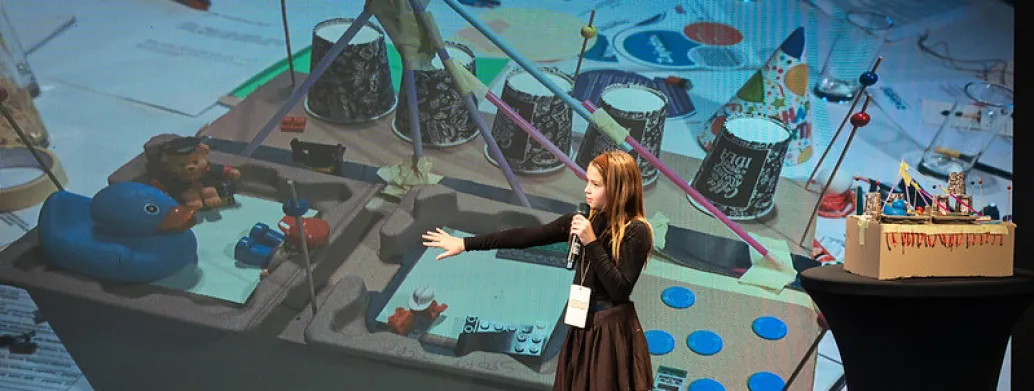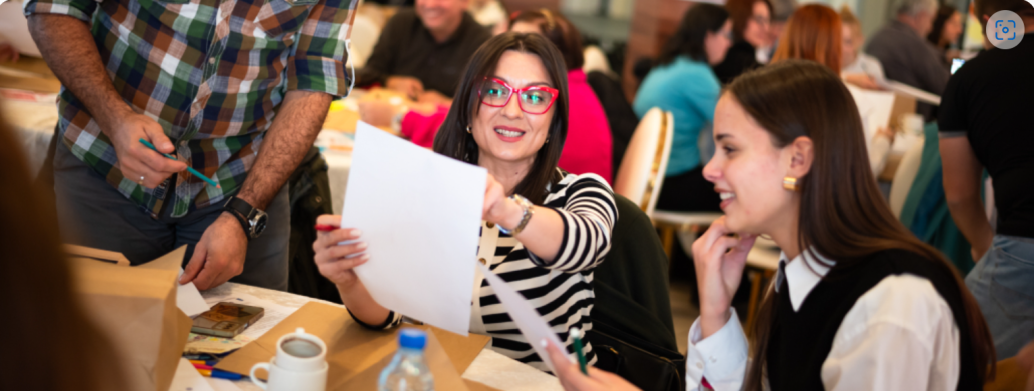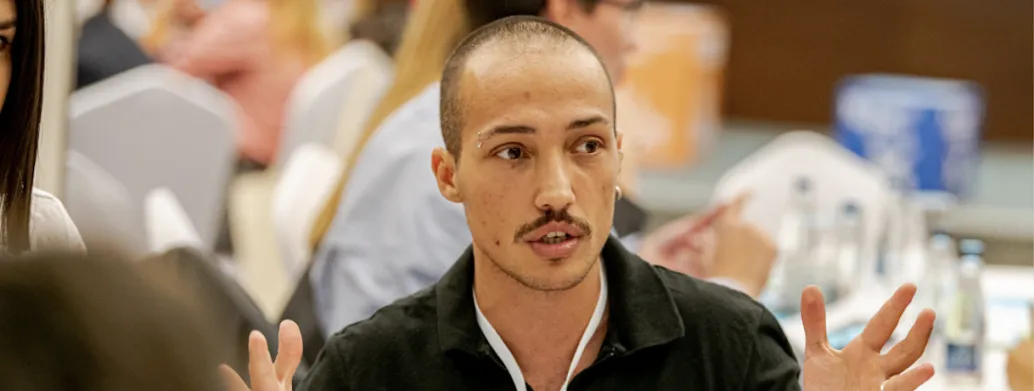
Young activists on the front line of hate speech and in the first line of the fight against this deviant social phenomenon.
Three young people from Montenegro - journalist Marija Pešić, activist Jovan Džoli Ulićević and human rights activist Selma Drini - dedicate their professional and personal engagement every day to the fight against hate speech. Each of them gives their own contribution, but with the same goal - the creation of an equal, tolerant society, resistant to hate speech, misogyny, sexism, and discrimination of any kind. Their experiences, views, and stories, which they shared with UNDP on the occasion of the International Day for Countering Hate Speech, remind us of the importance of a collective response and inspire urgent action.
As a journalist, Marija faces hate speech almost every day. She does not deny that hate speech significantly affects her everyday life, but she notices that, ironically, the presence of hate speech tells her that she is doing something good.
"Every gender-based insult, which is antifeminist and misogynistic, tells me that I have cast a small spark of light on a problem that cannot be solved in the dark but only when it is fully visible. It also reminds me how important it is not to allow its normalization and trivialization. It reminds me that every reaction to hate speech is useful because it exposes the motives behind it and encourages other women not to endure it. I myself learned from such examples, and today I strive to be such an example for the generations of women who will come after me," says Marija.
On one hand, hate speech traps and makes people powerless and discouraged, while on the other, it gives an authentic picture of society.
"It constantly reminds us what we are fighting against and why we do what we do - we are fighting for an equal and healthy society. Just when we think we have made a smaller or bigger step in the fight for a more just and civilized community, it is hate speech that sets up the mirror of reality," says Marija.
Data show that women are the frequent target of hate speech. Violence and hate speech against women in political life* are most often recognized on social networks (34.9%), then during election campaigns (31.4%), in the media (17.4%), in parliament (9.3%), and in political parties (7%). Social networks and portals have become public places where content and comments are published that do not contribute to the development of debate of public interest, but aim to belittle and insult a person as a woman*, creating an intolerant and exclusively hostile environment.
Marija believes that hate speech is only an illusion of powerlessness of the one to whom it is directed and an illusion of the position of power of the one who directs it.
"That illusion is like glass - it seems dangerous but it is not difficult to break, only when it is realized that the power is in our hands which carry the knowledge, respect, and legacy of all the women before us who enabled us to have the opportunity to break that glass wall," she says.
Hate speech makes society indifferent to numerous deviant social phenomena, and Marija is concerned about the increasingly dangerous narrative that one should not pay attention to what is being said, but to who is speaking, because, as she says - exclusivity is never useful. In this way, hate speech can be further amplified to achieve its intended effect - hatred - and it can escalate into worse forms of expression, such as violence and crimes.
She also points out the increasingly frequent, less obvious hate speech under the guise of humor.
“Meme culture, new ways of communication on social media have become an excuse for hate speech in its most varied forms, which are increasingly difficult to recognize. Different online spaces and generations have developed, almost, their own languages that only chronic users of certain networks can understand. For others, it may appear as a joke, comment, or confusing content, while in its intent lie the same drivers as with hate speech,” says Marija.
However, this young journalist does not allow hate speech to define her.
“That, above all, starts from within, with the awareness that I am not a derogatory and chauvinistic term but precisely the opposite. And what stands opposite that is strong and brave. Then I respond with action. Starting from directly confronting the person who utters or writes it, to reporting it to the platforms where it appears, and to publicly advocating about this issue,” she says.
Jovan responds to hate speech with constant struggle and refusal to accept restrictions on his space for action.
“It does not discourage me, quite the opposite, which is why I choose not to give up and not allow it to push me into silence. Hate speech is loudest in my case whenever I talk about societal issues that are not seemingly directly related to LGBT topics, and that is what I see as a particular danger - true marginalization and being boxed in - when society allows you to address a topic connected to one part of your identity, but when you want to be active in society, it suppresses you. I do not accept that,” he says determinedly.
He emphasizes that hate speech negatively affects everyone in different ways, not just those it is directed at.
“Hate speech makes society violent and hostile for everyone, and it is wrong to assume that it only affects those to whom it is directed. Normalized hate speech, which we de facto live with, is a violent society that is violent towards absolutely everyone, and it is an illusion to think that anyone is spared from this violence,” says Jovan.
He believes that the normalization of hate speech must not be allowed.
“This is particularly contributed to by the growing emphasis on absolute freedom of speech without any limitations, and the misuse of the concept of pluralism and culture of dialogue to legitimize anti-democratic narratives,” Jovan points out.
The Roma community is a frequent target of hate speech. Selma emphasizes that hate speech against Romani women and men creates feelings of insecurity and fear and destroys the daily life of members of the Roma community, as many rights guaranteed to them by the Constitution of Montenegro and international conventions are denied in this way.
“By facing hate speech every day, young people are prevented from realizing their full potential, and many opportunities that would be of great importance for their education, above all, are denied to them. Besides hate speech, discrimination is also present to a large extent. These two phenomena, discrimination and hate speech against members of the Roma community, create feelings of rejection and invisibility, and in this way, young people from the Roma community are deprived of the chance for progress and a better future. Hate speech, discrimination, poverty - these are just some of the many factors that destroy the dignity and self-confidence of young Romani women and men,” says Selma.
She actively advocates for justice and equality and fights against discrimination, violence, and all injustices affecting her community. That is why she believes that education is key in the fight against hate speech.
“We must clearly point out to everyone the consequences of hate speech, we must jointly promote respect for diversity, tolerance, and other values. It is important to ensure that existing laws are clear but also enforceable, because we do not need laws that only sound good but are practically impossible or very difficult to implement. If hate speech targets a certain group of people or an individual, we, as a society, must ensure that the perpetrator is sanctioned according to the law, and that victims of hate speech are provided support and never allowed to feel humiliated or less worthy just because they are the main target of hate speech in that situation. Victims of any type of violence or hate speech must be given legal assistance, psychological support, and protection from potential repeated attacks,” Selma emphasizes.
Both Marija and Jovan believe that formal and informal education, awareness-raising, and continuous dialogue are the ultimate tools in the fight against hate speech. In addition to implementing quality punitive policies, Marija places great hope in new generations.
“I place great hope in new generations who will one day be the educational workforce and, through formal education, strengthen young people’s knowledge on this topic as well as their self-confidence, self-awareness, and self-respect, the ultimate tools in the fight against hate,” says Marija.
“What is crucial is that the approach to raising awareness and addressing stereotypes is completely changed, and that, in parallel, work is done on the causes of inequality in society that provide fertile ground for the growth of hatred towards anyone who is different. Regarding raising awareness, it is necessary to work with the youngest age groups, and not just on attitudes, but on values, which are more stable and deeply ingrained. So, the value of acceptance and respect, not just tolerance. I am not sure that generalized human-rights narratives achieve the desired effect anymore, because on the other side we have emotionally charged content that spreads very easily. In that sense, I think a lot of money has practically been wasted on unsuccessful and untested campaigns that sounded great to those who made them, and, ultimately, uncoordinated campaigns, because most progressive and democratic actors still operate on the principle of competition rather than mutual cooperation, which would amplify the effect of our efforts,” Jovan concludes.
UNDP's research on the Western Balkans youth perceptions of peace points to a worrying trend of equating freedom of speech with hate speech. As many as 42% of young people believe that hate speech should be acceptable as part of freedom of expression, despite it being simultaneously one of the leading forms of violence or discrimination experienced by young people.
Nevertheless, young people like Marija, Selma, and Jovan are examples of progressive, authentic action and leadership in preserving existing and achieving further results in the field of social cohesion, human rights, and gender equality.
Strengthening social cohesion, trust in institutions, and the resilience of communities against hate speech and discrimination is an important part of UNDP’s mandate in Montenegro. Following the promotion of dialogue and joint action in the fight against hate speech, sexism, and misogyny, UNDP has joined forces with UNICEF and UNESCO, with whom it jointly implements an initiative aimed at enhancing citizens’ trust in institutions and building resilient communities, with the support of the Government of Montenegro and the UN Peacebuilding Fund. Within this program, we continue to empower progressive leaders, support dialogue and collaborative actions for the common good, and provide assistance to all actors in creating a society tailored to the citizens.
*Only available in Montenegrin.
 Crnogorski
Crnogorski
 English
English
